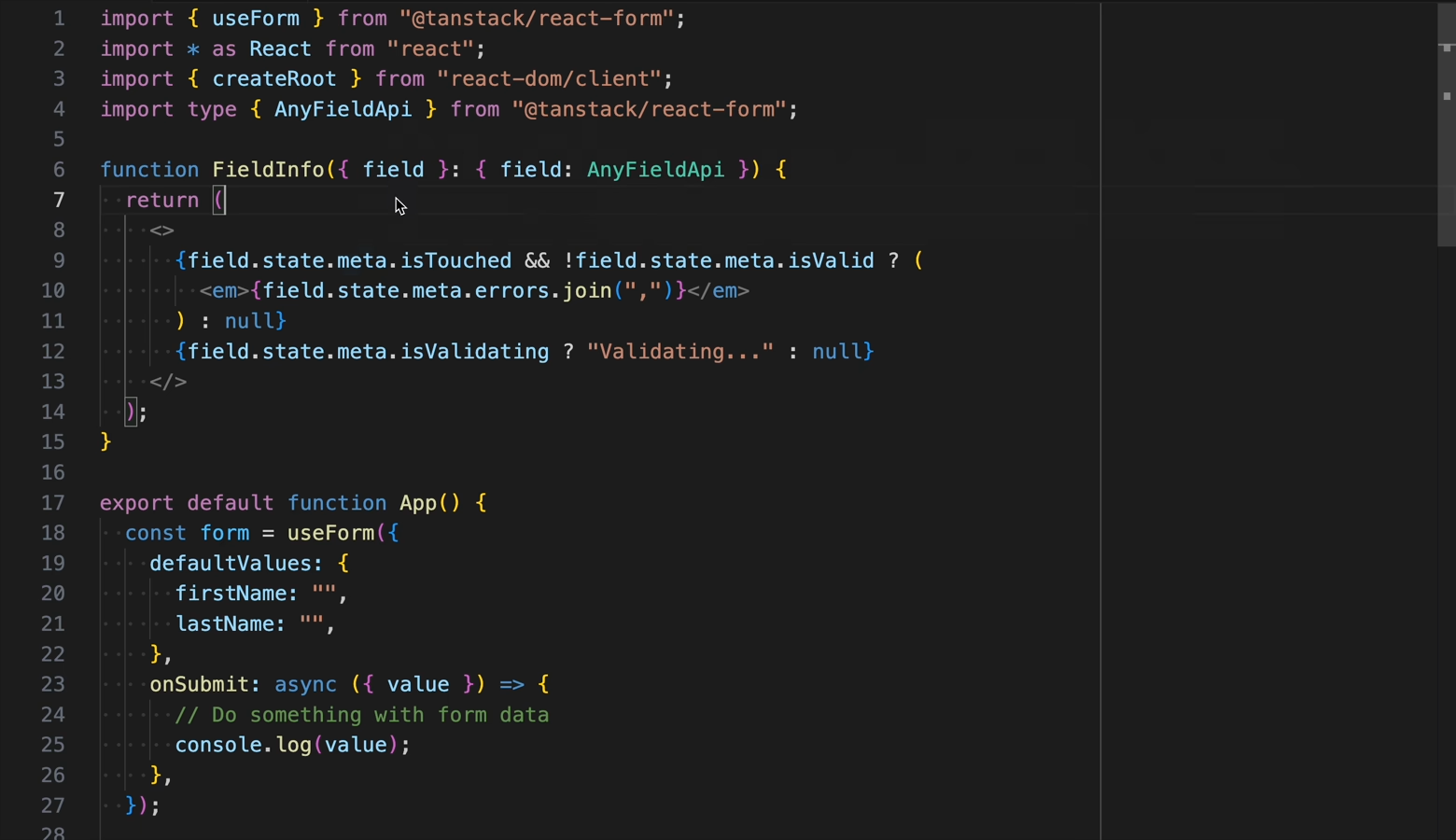Stack Error reduces the up-front cost of designing an error handling solution for your project, so that you focus on writing great libraries and applications. Stack Error has three goals:
- Provide ergonomics similar to anyhow.
- Create informative error messages that facilitate debugging.
- Provide typed data that facilitates runtime error handling.
-
Build informative error messages for debugging with minimal effort. The error message is co-located with the error source, which helps document your code.
use stackerror::prelude::*; pub fn process_data(data: &str) -> StackResult<String> { let data: Vec<String> = serde_json::from_str(data) .map_err(stack_map!(StackError, "data is not a list of strings"))?; data.first() .cloned() .ok_or_else(stack_else!(StackError, "data is empty")) }In this example, [stack_map!] and [stack_err!] build a new instance of [StackError], adding file name and line number information to the message. In the case of [stack_err!], the error message stacks onto the existing error. Note that macros are used to simplify common operations, and the same outcome can be achieved using closures instead of macros.
If the data isn't a list, the resulting error message would look like:
Error: expected value at line 1 column 1 src/process.rs:4 data is not a list of stringsThe serde error is printed first, followed by the StackError message with file name and line number.
-
Handle errors at runtime by inspecting an optional error code.
let data = if data.err_code() == Some(&ErrorCode::HttpTooManyRequests) { // retry } else { data? };[ErrorCode] includes HTTP error codes, [std::io::ErrorKind] codes, and a handful of runtime codes to cover non-HTTP and non-IO cases. You can derive your own error codes as described later in the examples.
-
Define your own error type, allowing you to create custom methods such as [std::convert::From] implementations.
-
Provides error types that implement [std::error::Error]. Errors are compatible with the broader Rust ecosystem.
The Rust error handling ecosystem is largely built on two libraries: anyhow and thiserror. Stack Error aims to explore the space between these two libraries: providing ergonomic error handling and an error type that is suitable for library development.
Using anyhow makes development quick as error handling is nearly always just a matter of adding the ? operator. But this can slow down the debugging process. Consider this example:
The resulting error message is: Error: expected `:` at line 1 column 27. The message clearly states what went wrong, but not how it went wrong: what was the program decoding, and why is the value needed. Running with RUST_BACKTRACE=1 prints a backtrace that can answer these questions, though it contains nearly 20 unrelated frames. Debugging this example is feasible, but a bit cumbersome.
Handling all errors with the ? operator speeds up the writing process, but can hinder the overall development process by making debugging more difficult. anyhow offers an alternative: the anyhow::Context trait.
Using the context method helps provide clear error messages that answer what went wrong and how it went wrong. It also helps document the code by co-locating error sources with their corresponding error messages. This is the inspiration for Stack Error's stack_err method.
As a an application grows, the distinction between application and library can become blurred as modules are introduced to support the application code. You might eventually find you want to handle some errors. You can use anyhow::Error::downcast, but this is cumbersome as you need to try to downcast to every possible error type.
The thiserror library provides flexible tools to facilitate the creation of custom error types. There is no one way to use it, so it's hard to make a direct comparison other than to say: Stack Error is opinionated and aims to be minimal but generally useful. This reduces the effort required to develop (and stick to) a good error handling strategy for your project. By contrast, when using thiserror, you have to make many decisions at the start of a project about where and how to define your errors. And if you don't put much thought into the design of your errors, you could end up:
- Constantly duplicating error messages in enum variant names and error message strings;
- Creating generic errors that result in poor debugging messages and insufficient runtime information for error handling;
- Creating too many errors exposing the internals of your library or application, making it hard to refactor;
- Having to move back-and-forth between writing code and defining error variants in separate files.
The core of the library is the [StackError] struct and the [ErrorStacks] trait. The [ErrorCode] enum can be used to add error codes to any [ErrorStacks]. And the [stack_msg!], [stack_err!], [stack_map!] and [stack_else!] macros are provided to simplify common operations on [Result]s, and to add file name and line number information to error messages.
Typically, you will access these using the [prelude] module which also defines [StackResult].
Create your error type by using the [derive_stack_error] macro:
You can build a new error from anything that is [std::fmt::Display]:
You can include file and line information in error messages using the [stack_msg!] macro:
You can include optional error handling information:
You can chain errors together to provide context in the error message:
This would result in an error message like:
The [stack_err!] macro offers a shorthand for the common pattern Err(Error::new(stack_msg!(...))):
You can wrap an existing error:
The [stack_map!] (and similarly [stack_else!]) macro offers a shorthand for this common pattern. They accept the error type to wrap the original error with, and the error message to stack onto it. The error type must be [ErrorStacks].
You can use your own error codes by defining an [ErrorCode] type in the scope where [derive_stack_error] is used:








 English (US) ·
English (US) ·